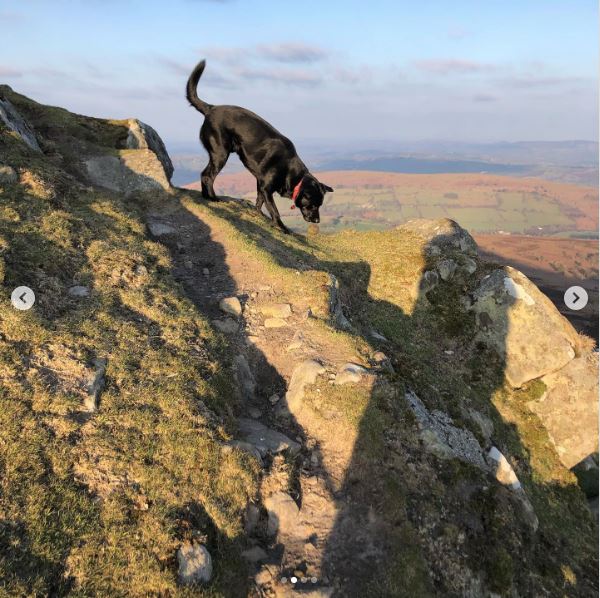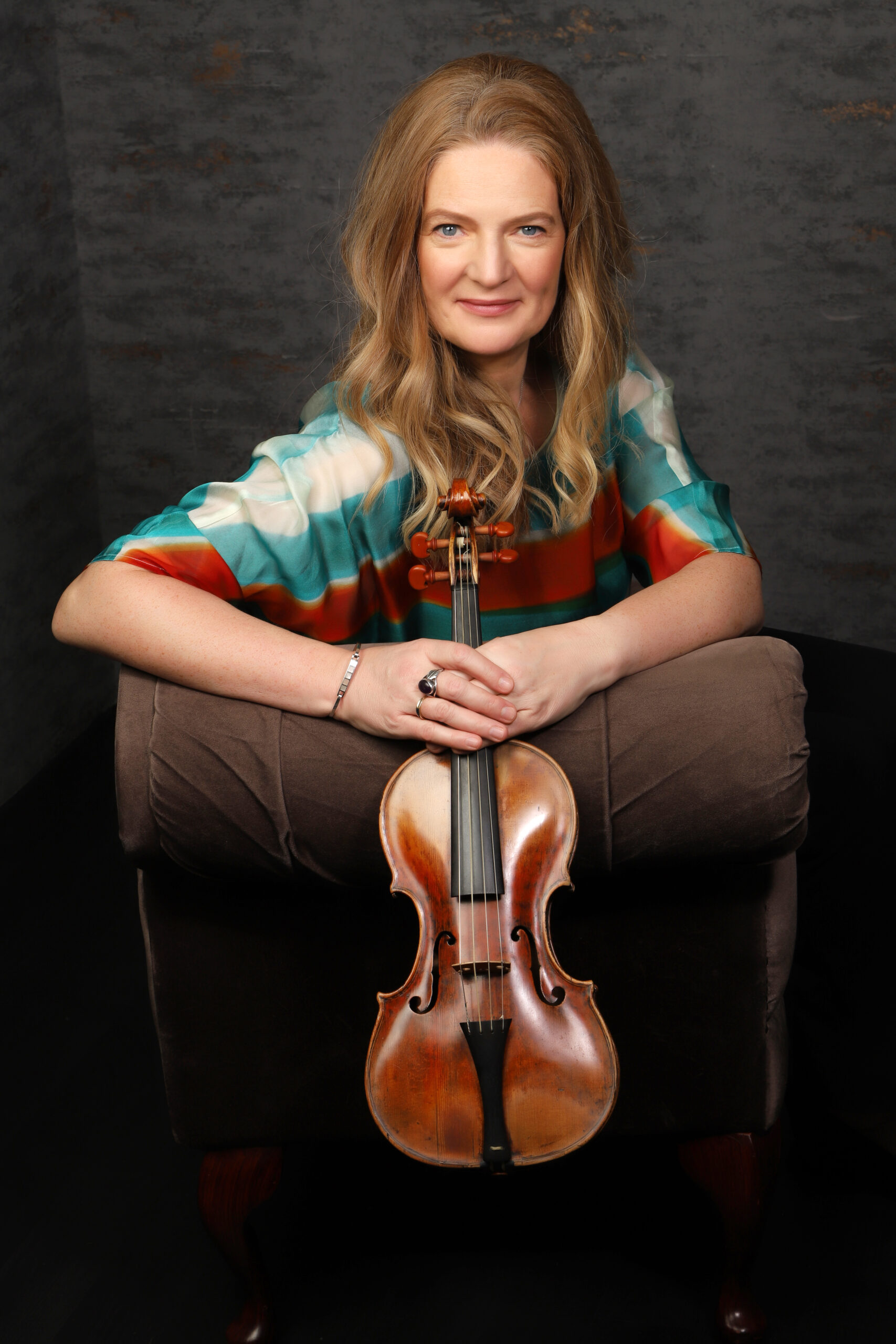
“It’s such a cliché to describe a person as a ray of sunshine. But British violinist Rachel Podger is living proof that clichés are based in reality.” — Ludwig van Toronto
We’re counting down the days until our all-Mozart 2024/25 season opening concerts on Sept 28, 29 & 30, when Rachel Podger, the renowned “British goddess of the gut-stringed violin” (The Times) inaugurates her new role as Principal Guest Director.
A leading interpreter of baroque and classical music, Rachel Podger is the winner of two 2023 BBC Music Magazine Awards for Instrumental Recording and Recording of the Year and the Opus Klassik 2023 Solo Instrumental award. She was the first woman to be awarded the prestigious Royal Academy of Music/Kohn Foundation Bach Prize in 2015, Gramophone Artist of the Year 2018, and the Ambassador for REMA’s Early Music Day 2020. A creative programmer, she is the founder and Artistic Director of Brecon Baroque Festival and her ensemble Brecon Baroque.
Curious to know more about Rachel? Read on and find out about her synergy with the musicians of Tafelmusik, her yoga-inspired training method, and her love for the Welsh countryside.
We’re excited to welcome you as Tafelmusik’s first ever Principal Guest Director! What do you most look forward to in this role?
I am extremely excited to have been appointed as Principal Guest Director of Tafelmusik and have been looking forward to starting since the role was created! I have been a fan and admirer of Tafelmusik’s work for many years, so this opportunity is a huge honour for me. I love the way the musicians in Tafelmusik engage not just with the music, but with each other, musically and personally, and the sense of being part of a musical family when playing with them. I’m very much looking forward to being part of that as well as experimenting with musical ideas in collaboration with them, and exploring how far we can go in bringing the drama, beauty, and exhilaration of music-making to you, our esteemed audience!
There’s a tangible synergy between you and the members of Tafelmusik. Can you describe what makes playing together so special?
The synergy is partly down to the fact that there is a common musical language that we share, namely the language of all the various international baroque and classical styles. The members of Tafelmusik have been steeped in these various styles for years, as have I. Musical communication is easy as the basics are understood. This in turn allows for a broader exploration of freedom and flexibility; it is rare when this happens so naturally, and very inspiring and exciting when it does. The joy that flexibility creates is infectious for all involved, including the audience.
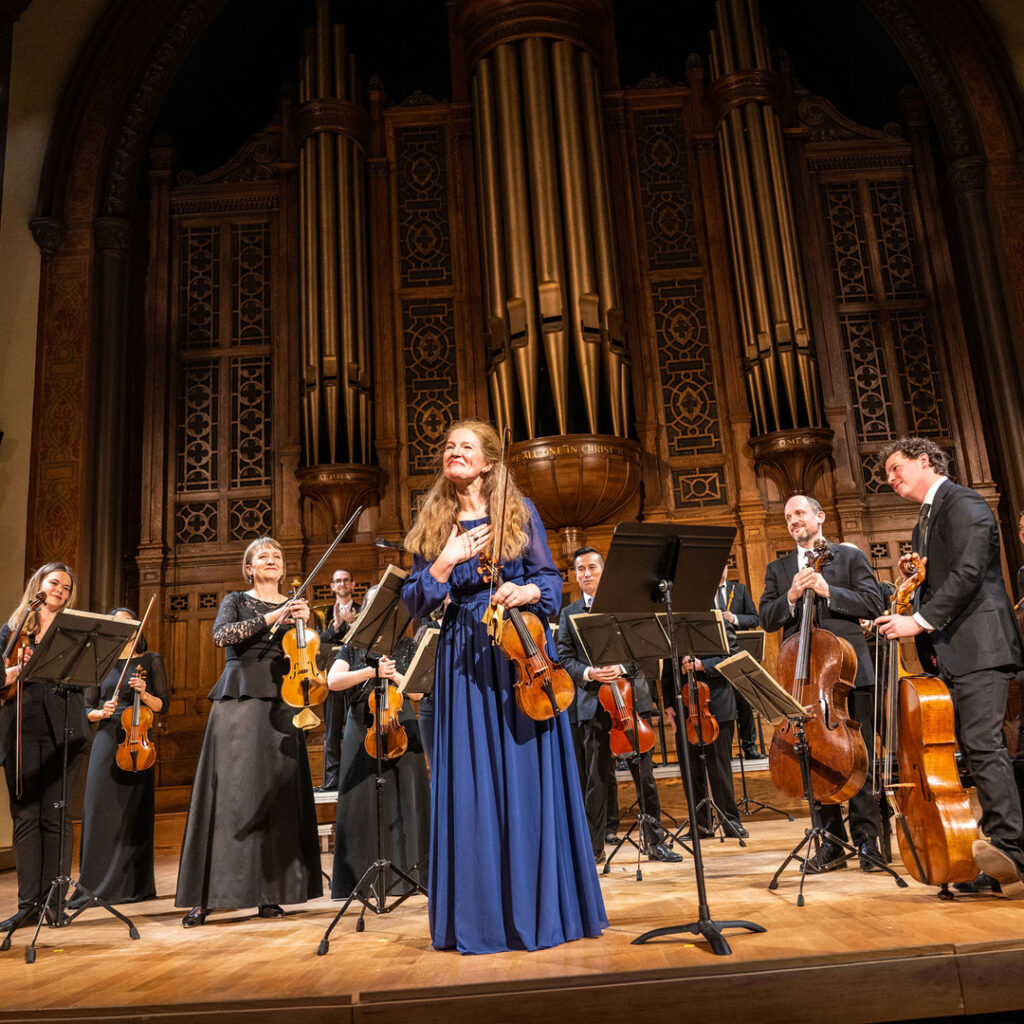
Your inaugural program of the 2024/25 season is devoted to the music of Mozart, including his Violin concerto no. 2 in D Major. Is there a reason why you chose this particular concerto?
When I last visited Toronto to guest direct Tafel in February 2023 I played Mozart’s first violin concerto in B-flat Major, and since it felt so good and was so much fun, I thought we’d explore more of them together. There are five violin concertos by Mozart, all written within a short time and most probably written for himself to play, of which the most well known are no. 3 in G Major and no. 5 in A Major. No. 2 in D Major is not often played and regarded as a piece of simple music. It might not be as complex as the others, but it has such innocent charm and elegance, it needs not to be overlooked! Placing it alongside the incidental music to Thamos, King of Egypt, which is dramatic and stirring, shows off its purity even more.
Can you tell us about the instrument you will be playing for these Mozart concerts?
I’ll be playing my Pesarini violin, made in Genoa, Italy, in 1739, which I adore and have now been playing for over 25 years!
You are also known as a dedicated educator with various collaborations and teaching residencies, including an ongoing relationship with the Juilliard School in New York. What do you find most rewarding about teaching?
I adore teaching! For me it’s all about recognizing the musician and meeting the student where they are, listening intensely, helping and encouraging the student to find their voice and to problem solve. It means facilitating and supporting, asking lots of questions, and making discoveries together. I have learnt so much whilst listening to students and continue to do so; it’s a wonderfully enriching and rewarding thing to do, and more often than not, extremely humbling.
As someone who travels regularly, what is your favourite thing about being on the road?
A few things: finding good coffee, being immersed in a good book, or just using the time to process (sometimes all of those at the same time!).
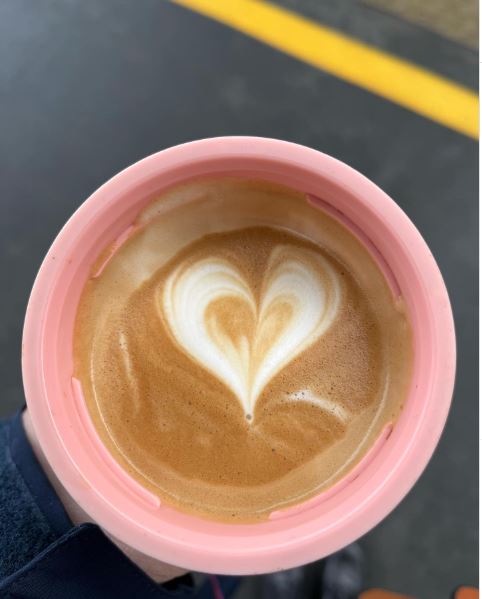
Please tell us about your BOGA training program. We understand the word is a conflation of BOW and YOGA.
BOGA (Bow Yoga) came about as a response to the needs of students who were finding it challenging to produce a good sound on gut strings. Especially those who were new to playing on gut, or who needed more flexibility in their bowing arm, wrist, and fingers in order to express musical gestures.
Over the years I gradually came up with various exercises that I thought might help and developed a range of these (and they keep changing and developing). There is yogic breathing involved (string players tend to forget to breathe, or at least don’t tend to use the breath in a conscious way which will benefit sound production like a singer or wind player might), and a large focus is on connecting arm, wrist, and finger movements to the breath. Doing this can make a huge difference to the depth of sound produced, especially when exploring the depth of that sound by “going into the string.” This is easier to do with gut strings than wound strings since gut strings are porous and malleable and ‘give.’ Lots of BOGA exercises help develop an awareness of this depth, different sound shapes, rhythms, gestures, and so on. All of this is in aid of facilitating a fluency in expression—which is in essence what music is all about—by developing a vocabulary of bow strokes and bow shapes that can be applied in pieces of music, but also give you the ability to translate a musical idea into sound with your speaking tool—the bow.
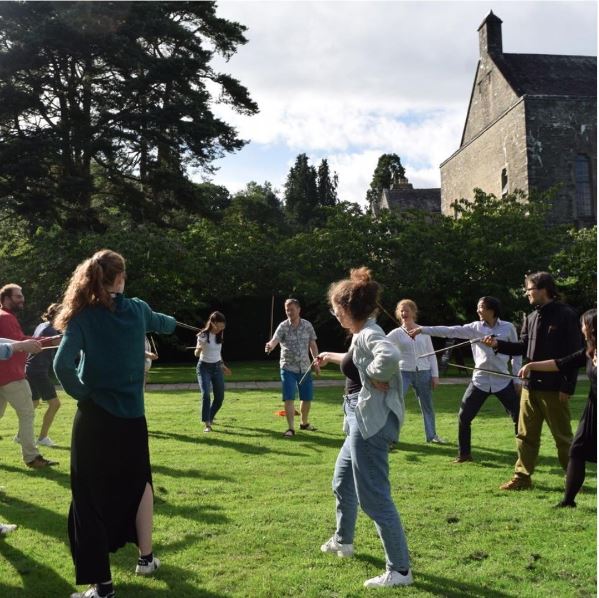
Can you describe a special place that you find particularly inspiring?
I adore nature, especially where I live in Wales. Fresh air, trees, and views are the best respite after hard work for me and provide much inspiration and peace. A perfect day for me will definitely involve a long walk (whatever the weather, and it often rains in Wales!) with whomever is around, but most importantly with my gorgeous dog Robbie (black Labrador/Kelpie mix).
